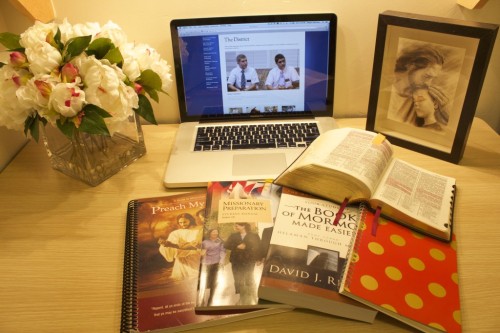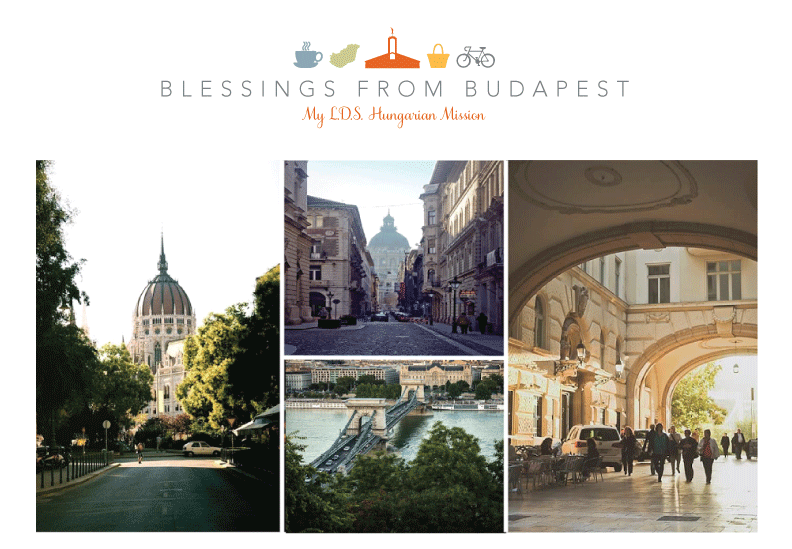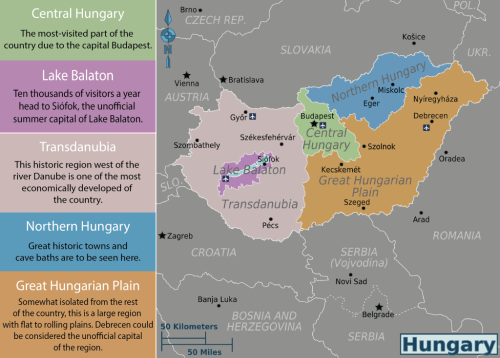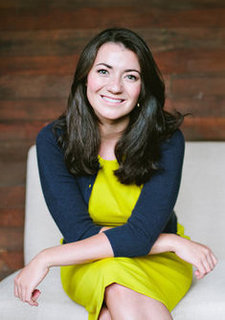Monthly Archives: March 2014
Just a few more interesting facts
March 30, 2014
Cities
- Budapest – with jovial leafy parks, renowned museums, an extensive Medieval Castle District and a thriving nightlife, Budapest is one of Europe’s most delightful and enjoyable cities.
- Debrecen – the second largest city in the country, a cultural and ecclesiastical centre.
- Eger – a beautiful northern town with an ancient castle and camera obscura.
- Győr – there are many cafés, restaurants, boutiques, and night clubs in its lovely Baroque city center.
- Kecskemét - a town famous for its vibrant music scene, plum brandy, and Art Nouveau architecture.
- Miskolc - with a unique cave bath in Miskolc-Tapolca, the third largest city in the country, located near the scenic Bükk Mountans.
- Nyíregyháza - a medium-sized city with a busy water resort, museum village, and annual autumn festival.
- Pécs - a pleasant cultural centre and university town.
- Szeged - the sunniest city in Hungary with a particularly rich history.
- Székesfehérvár - former Royal seat, currently famous for its Baroque architecture and museums.
Other Destinations
- Aggtelek - beautiful caves with dripstones and stalagmites.
- Bükk - a section of the Carpathian Mountain range.
- Harkány - a historic small town along the Villány-Siklósi wine route famous for its spas.
- Lake Balaton - the major lake of Hungary and the biggest lake in Central Europe.
- Mohács - Famous for the Battle of Mohács (1526, 1687), These battles represented the beginning and end, respectively, of the Ottoman domination of Hungary. Every spring, the town hosts the annual Busójárás carnival.
Hungarian Alphabet
March 27, 2014
 Here is the Hungarian alphabet – 40 natural letters, including 14 vowels
Here is the Hungarian alphabet – 40 natural letters, including 14 vowels
In preparation for my mission I have been reading as many Hungarian missionary blogs as I can find to see what lies ahead for me. I think the biggest concern that most missionaries feel in going to Hungary is…learning the language! From what people tell me it’s suppose to be the 2nd hardest language in the world to learn. I found some wonderful information on Elder Cameron Alldredge’s blog. Here are some things he said about the Hungarian language. Enjoy!
1. Our name tags are backwards. Mine will say “Whittaker Nover”.
2. Hungarians don’t have Q, W, or X in their alphabet.
3. No one really “learns” Hungarian. Even if someone were to move to Hungary, they wouldn’t learn the language. It’s only if you’re born there or you’re an LDS missionary that you would learn it. I guess it’s because it’s so hard.
4. Basically, the entire language is backwards to English in the aspect of sentence structure. So in English, It sounds like you’re speaking like Yoda. “Whittaker Nover, I am” or “The late-day holy followers Jesus Christ church.” They also don’t have the word “of”. So we have to say “Wisdom’s Word,” and stuff like that. Also, in prayers we say, “Thank you this day for” etc.
5. One thing that I find hilarious is that in Hungary (because they HATE the French) when you want to tell someone to, “go to hell” (which I would never say) you literally say “go to France.”
6. There is no difference between a sentence that is a question and one that is a command. The only way you can make it a question is a certain voice inflection on a certain vowel in the last word of the sentence. Without the voice inflection, “Will you be baptized?” turns into “You are going to be baptized.”
7. When you want to say you’re going to Hungary you have to literally say you’re going ONTO Hungary not INTO Hungary. (Because they think they’re so much higher and better than everyone else) I would say I’m going into America but onto Hungary.
8. When telling time, if you want to say it’s 3:15. You wouldn’t say, “It’s Three Fifteen” You’d say, “It’s Three Quarters to Four”… they measure everything according to the next hour. So 12:30 would be “Half to One” and so on.
9. The word “-e”… yea–that’s the actual word. You put it at the end of a sentence to make it mean “or not”. So if I wanted to say “We can know that it’s true or not” I would say “Tudhatjuk hogy igaz-e.”
10. You speak really fancy in formal form. They directly translate to statements such as, “How does it please you to be?” (What’s up?) Or, “Where does it please you to be going?” (Where you headed?)
Just a snippet of my daily readings before my Hungarian adventure
March 6, 2014



